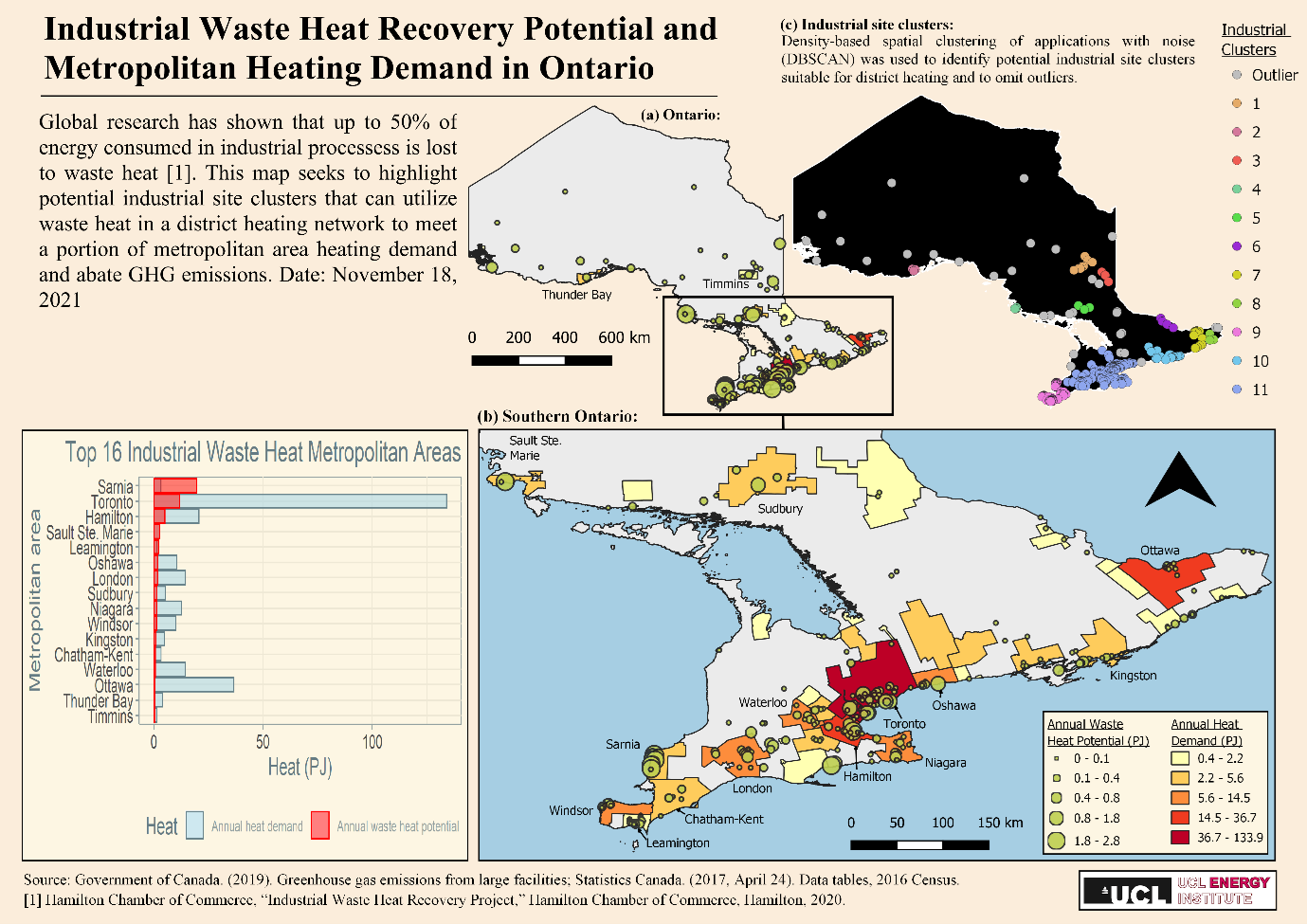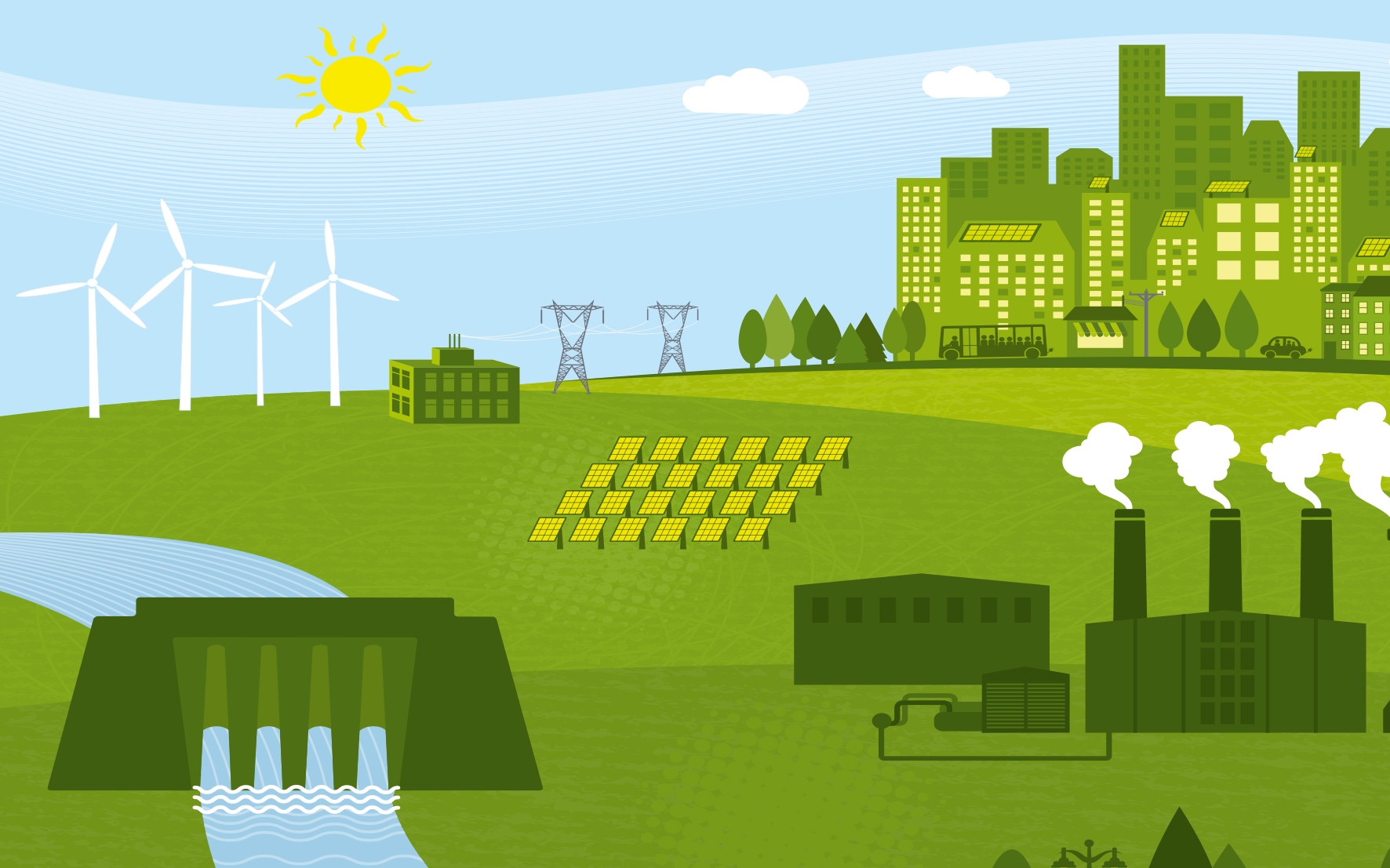Data and Digitalisation
How can big data transform the energy system?
At UCL Energy Institute we are unlocking the power of energy data to help us make informed choices in the transition to net zero. Data about how people use energy in their homes can help us identify poor energy performance and analyse the effectiveness of efficiency measures. Big data is also transforming the way in which we understand and plan for the transition to sustainable mobility.
Our data and digitalisation research
Working from home and the future of energy

An investigation into domestic energy usage during lockdown reveals how demand spread throughout the day, with potentially positive implications for the drive to net zero.
A national digital twin for decarbonising the UK's building stock
3DStock is a method for modelling all buildings – domestic, non-domestic and mixed-use – in a locality, in three dimensions and located geographically. The primary purpose is the analysis of energy performance, but there are many other potential applications.
Transport in cities

With available technologies and research on innovation progressing, there needs to be a focus on the transition to adopt and implement available innovation, along with supporting infrastructure.
Decarbonising London’s social housing
A new Bartlett Review article by Steve Evans shows how London’s Islington Council can decarbonise social housing in pursuit of net zero.
The energy model helping the UK achieve net zero
Find out how a UCL energy system model has become a key tool used by the UK Government in the transition to net zero.
By Professor Paul Dodds
Data and digitalisation in teaching
Our research in big data is embedded in our teaching:

Visualising spatial data to communicate industrial waste heat recovery potential
Energy Systems and Data Analytics MSc students responded to a spatial data visualisation challenge as part of the Spatial Analysis of Energy Data module, using the opportunity to use diverse sets of geospatial data related to energy, transportation and climate change from across the globe to create map visualisations. This visualisation, created by Christopher Lee shows how heat can be redistributed to save energy overall. Chistropher said:
“Upwards of 50% of the energy consumed in industrial processes is lost as waste heat to the environment. This map seeks to highlight potential industrial site clusters that can utilise waste heat in a district heating network to meet a portion of metropolitan area heating demand and abate Greenhouse Gases (GHG) emissions. The biggest challenge was estimating waste heat and heating demand from publicly available data—since they are not measured directly. Using common methods from the literature and making reasonable assumptions within the scope and time constraint of the coursework, it was possible to make estimates and validate them with the literature."
View more spatial data visualisations from the Energy Systems and Data Analytics MSc cohort ►
Contact us
UCL Energy Institute has numerous tailored research and consultancy relationships with industry and government. We are always eager to discuss with organisations different ways we can work together to solve the challenges they face. If you or your organisation would like to engage us in a partnership or scope opportunities please get in touch at bseer-communications@ucl.ac.uk.
 Close
Close








